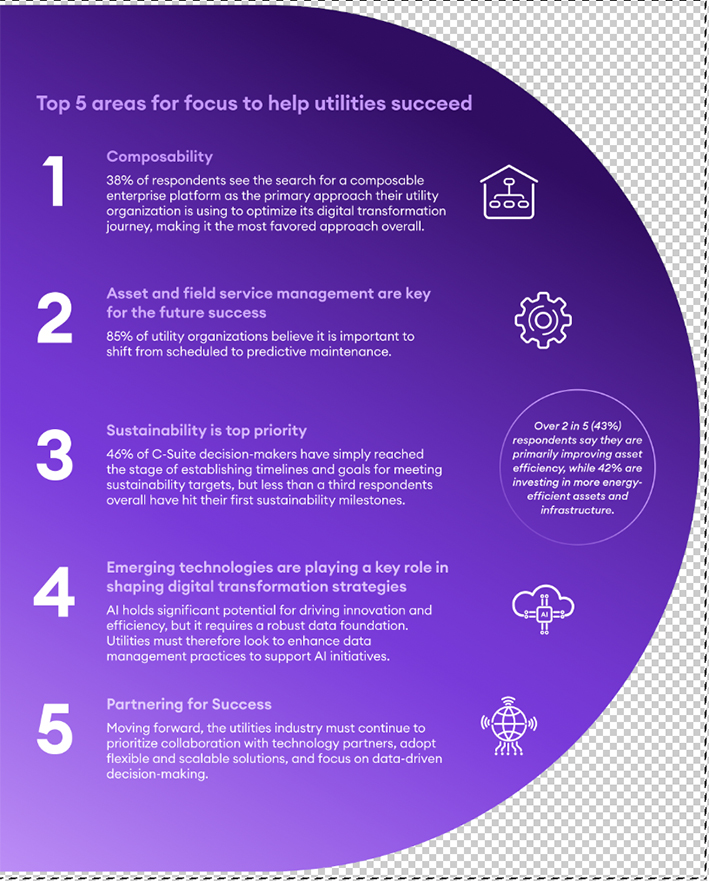If you look at the few manufacturing companies that, according to the survey, can be described as the industry’s digital forerunners, it is clear that they differ from other companies in their handling of the company’s digitization. For example, they invest 45% of their budget in digitalization, they have clear digital strategies, and their technology investments have a focus on returns. This means that they enjoy many advantages over their competitors.
Alongside their digital advantage over competitors, they are also significantly more optimistic than other companies. When it comes to market turbulence, supply chain disruption and climate change, more than a quarter (28 percent) of digital leaders believe they can meet the challenges of the next five years without needing to make additional investments.
Important to make full use of generative AI,” says Sanderr
That said that, Ann-Kristin Sander provides further examples of areas where the manufacturing industry may be stuck in its digitization journey:
1. Generative AI (GenAI): Many companies have yet to fully exploit the potential of generative AI. It’s not just about optimizing product design or simulating manufacturing processes, but also about supporting staff by automating routine tasks, enabling faster decision-making and more efficient operations.
2. Cloud services and data sharing: Despite the growing understanding of the cloud’s benefits, many companies still lag behind in fully implementing cloud-based solutions. It’s about creating a coherent digital infrastructure that makes it possible to collect, analyze and act on data in real time – something that is critical to keeping up with the competition.
3. Talent management and retention: There is also a clear need to invest in digital tools and training programs to both future-proof and retain competence. Managing staff development digitally is an area where many have still not progressed as far as they would like.
Here are some summary findings of the investigation
* 82% of the survey respondents recognize the importance of AI in driving innovation and efficiency
* Composability and open architecture in enterprise solutions will be key in allowing utilities to integrate new technologies and processes seamlessly, ensuring agility and scalability
* Predictive maintenance and improved asset lifecycle management are essential drivers for adopting enterprise software in the utilities sector
* Resource optimization (39%) and customer experience strategy (38%) were identified as significant impacts of digital transformation
* 87% of respondents highlight the importance of having the ability to set and measure critical KPIs within their enterprise software systems, yet many struggle to modernize their software to meet these needs
* 46% of utilities’ decision-makers have established timelines and goals for meeting sustainability targets, but less than a third (31%) of respondents have hit their first sustainability milestones.

About the survey
The survey was carried out by the research organization Censuswide on behalf of IFS. It was conducted among 815 senior decision makers at manufacturing companies with a turnover of SEK 2 billion (around €175 million) or more in 19 countries worldwide, including Sweden.






